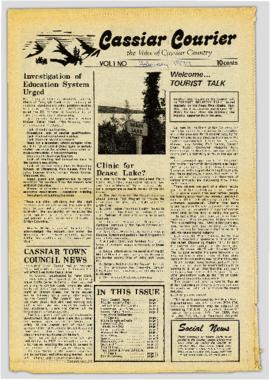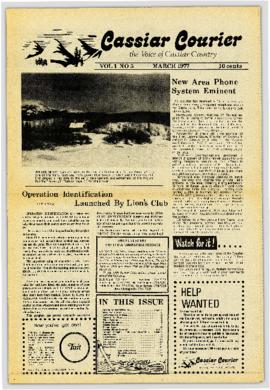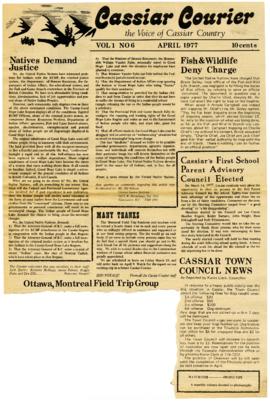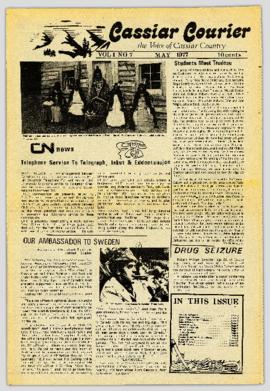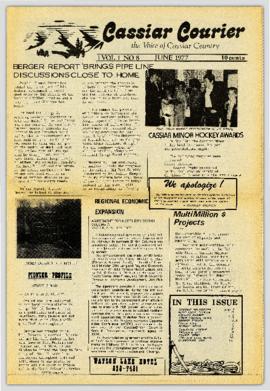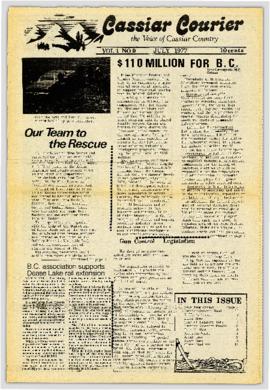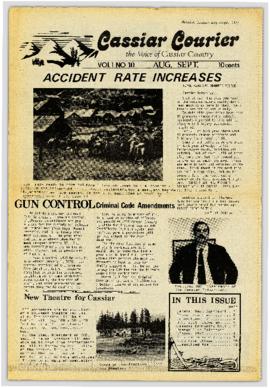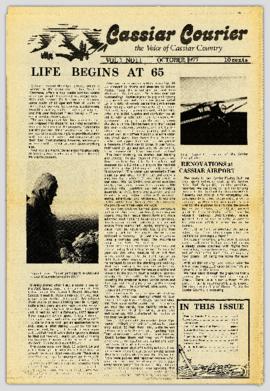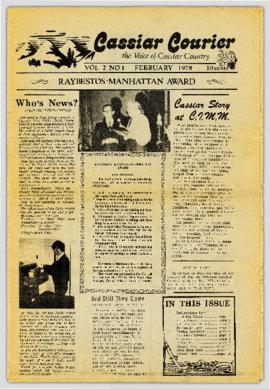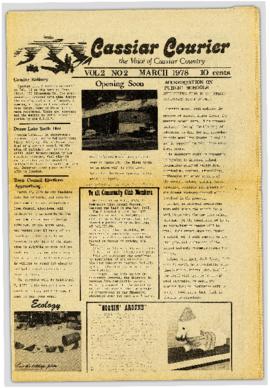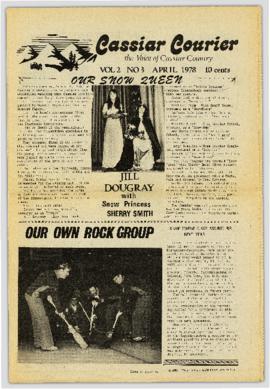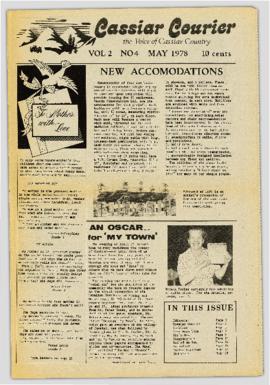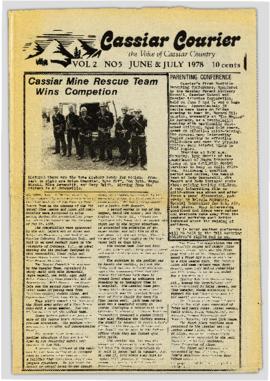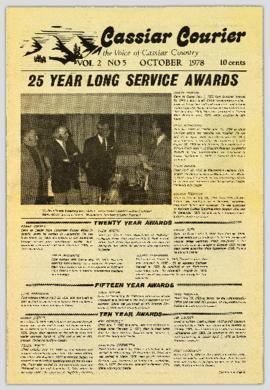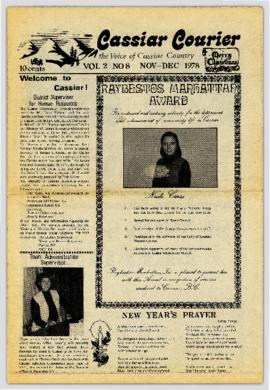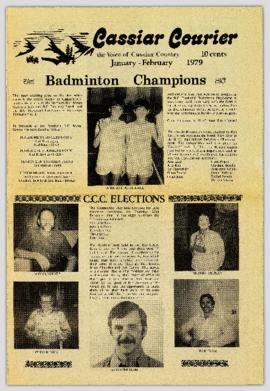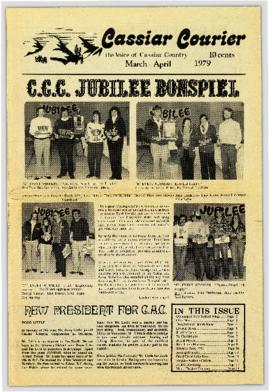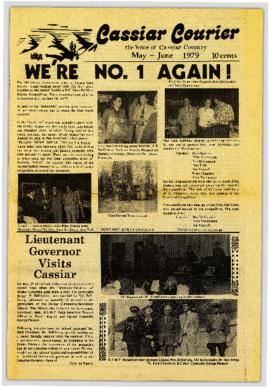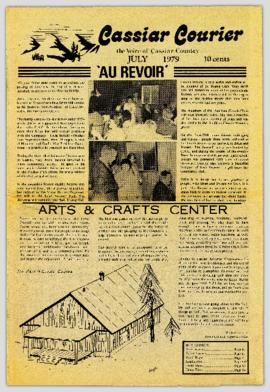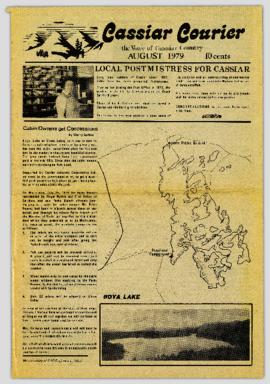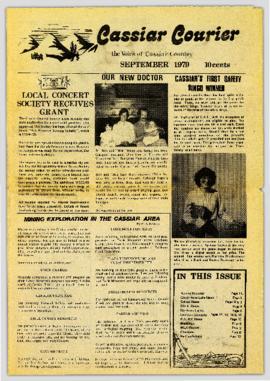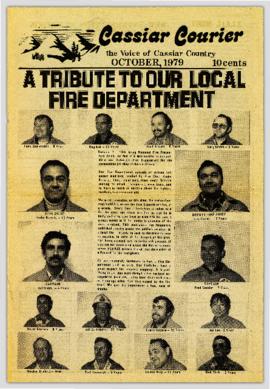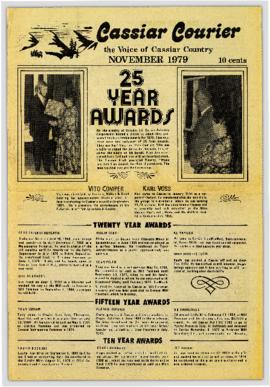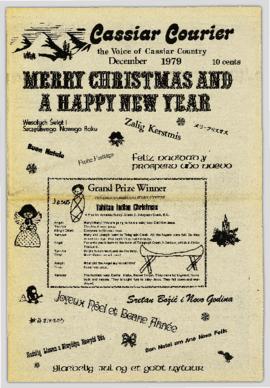File consists of a speech given by Gary Runka entitled "B.C. Agricultural Land Preservation Program". This speech was originally given on March 23, 1977 at the Sol Conservation Society of America National Symposium. Includes a version of the speech turned into a paper submitted for publication as "British Columbia's Agricultural Land Preservation Program" in the Assessors Journal. The speech and paper is accompanied by:
- supplementary transparencies for presentation
- Resume for G. Gary Runka
- Canada Land Inventory Ratings
- Summary of Applications Processed under the Land Commission Act
- Areas Included and Excluded from the ALR by Year
- Flow Chart for Applications under the Agricultural Land Commission Act
Commentary on this speech by Barry Smith of the Ministry of Agriculture and Lands:
"This speech was given on March 23, 1977 and represents a major paper given to an international audience.
GGR provides a contextual overview of B.C. and breaks his speech into an overview of the legislation, how the ALR was established and the administration of the Reserve.
The speech, in part, draws upon themes in other speeches but this paper tends to pull all these subjects together in this single presentation.
GGR notes that up to this point 80% of the exclusion applications are from non-farmers and it is estimated that the program has saved 40,000 acres (16,187 ha.) of farmland from being converted to irreversible uses.
GGR outlines several key principles to having a successful program to preserve agricultural land including:
- Regulations must be based on solid technical data people can understand;
- Any control mechanism needs to be basically apolitical;
- Must include shared decision-making - local governments and the public were involved in creating the ALR plans and local governments continue to provide comments and recommendations on applications; and
- Ensure opportunity for integration and communication with the Ministry of Agriculture and other provincial government agencies and Advisory Committees of the B.C. Federation of Agriculture.
This speech was published as part of the symposium proceedings: "Land Use, Tough Choices in Today's World: The Proceedings of a
National Symposium, March 21-24,1977, in Omaha, Nebraska" by the Soil Conservation Society of America."
